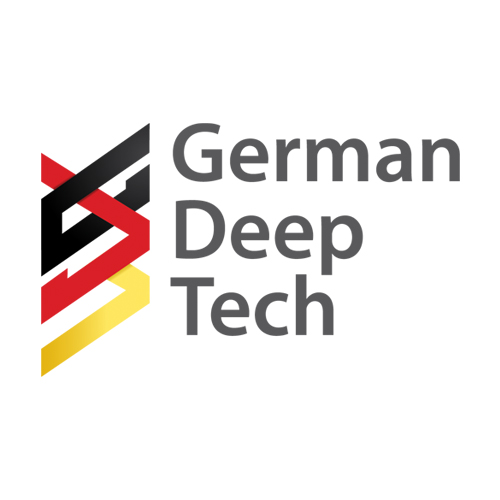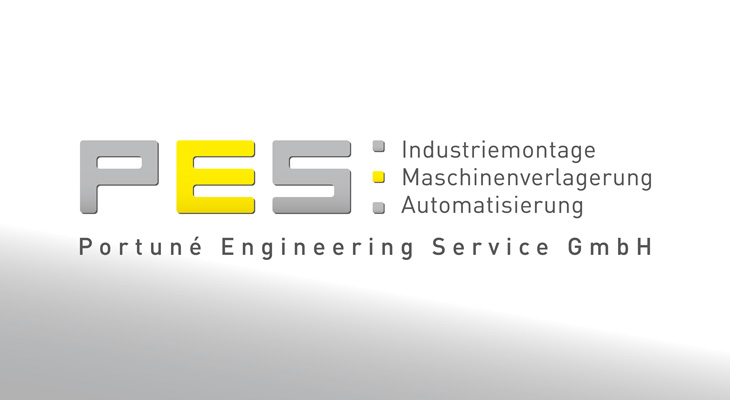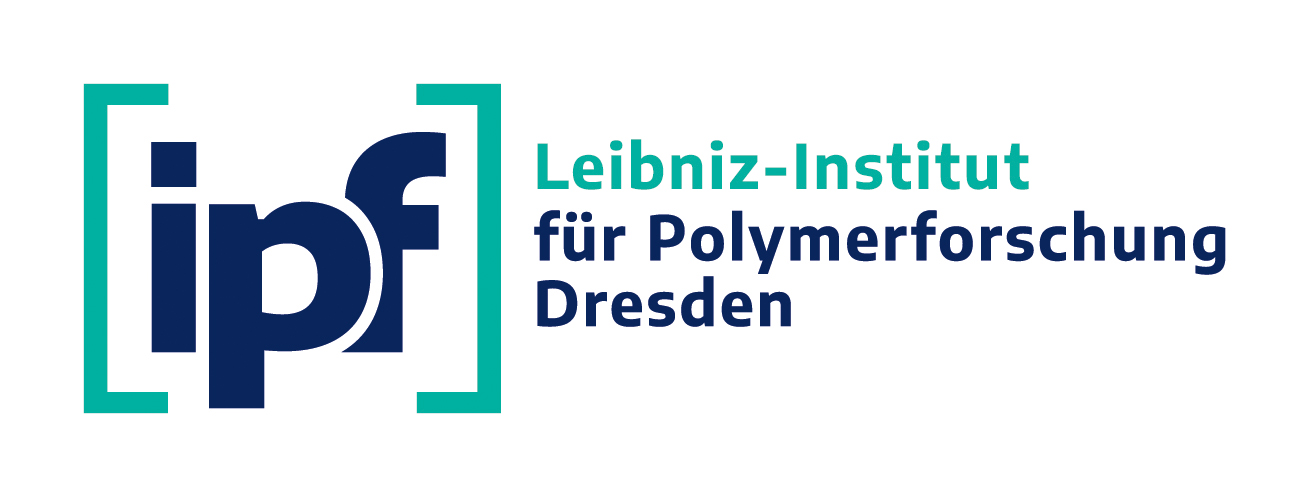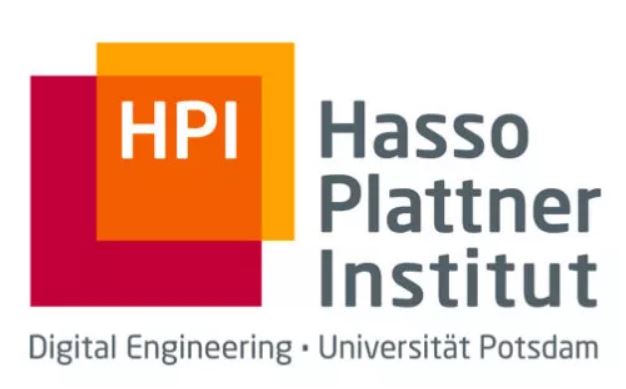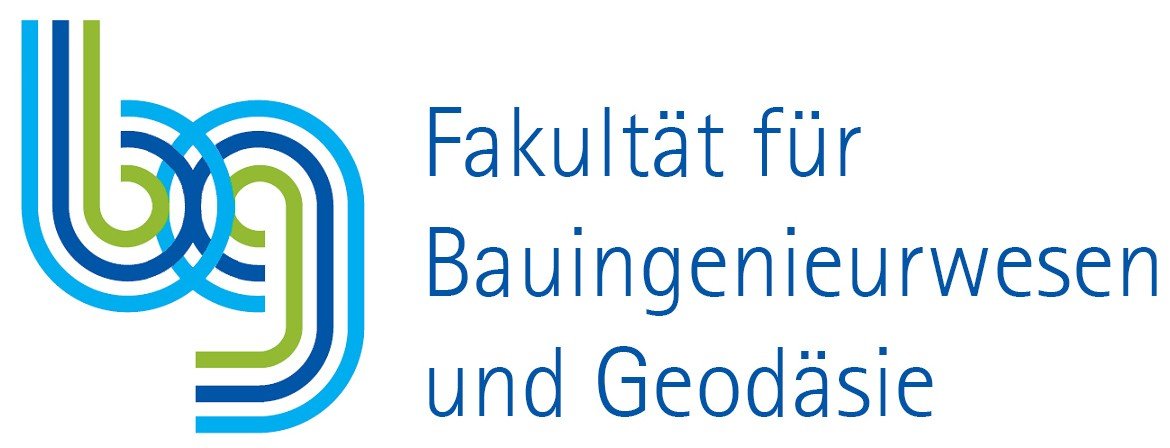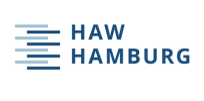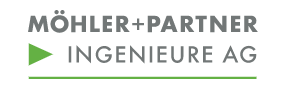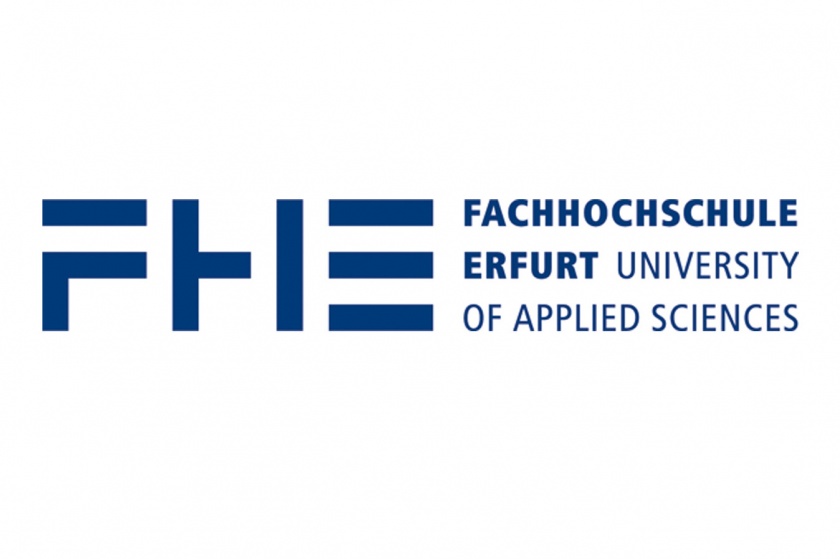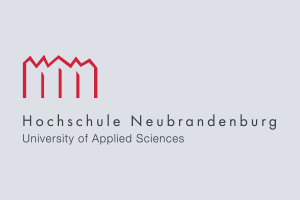The network focuses on the development of concepts, methods, technologies, and applications for the acquisition, structuring, management, analysis, and visualization of digital twins for spatial environments. This includes their use for Building Information Modeling (BIM) in general, as well as construction monitoring, Industry 4.0-compliant linkage to industrial prefabrication and facility Management in particular.

The digital twin is an essential element of an overall concept for accelerating, improving quality, and optimizing costs in the construction industry and cost optimization in construction. Ancillary areas such as cleaning services, for example, benefit by improving execution quality and control capability.
The focus of the network’s work is therefore on novel technologies and processes for efficient, cost-effective, and coordinated, largely automated collection, processing, continuation, evaluation and provision of digital twins for spatial environments (such as streets, buildings, squares, infrastructure elements) based on 3D point clouds. For this purpose, processes, products, and services are to be developed and linked with each other in such a way that holistic processes and value chains can be developed.
The focus of projects planned so far:
ou can find more about the network on the website twin4bim.
Just send us an email.


